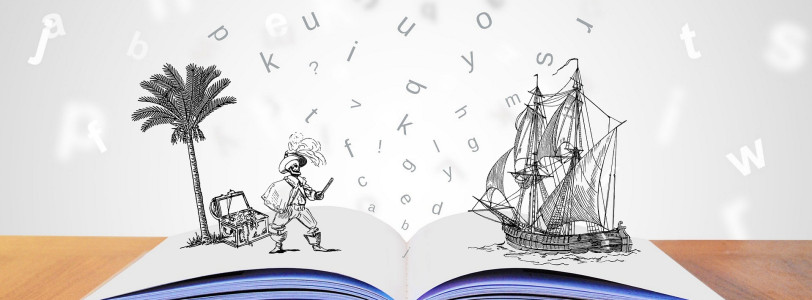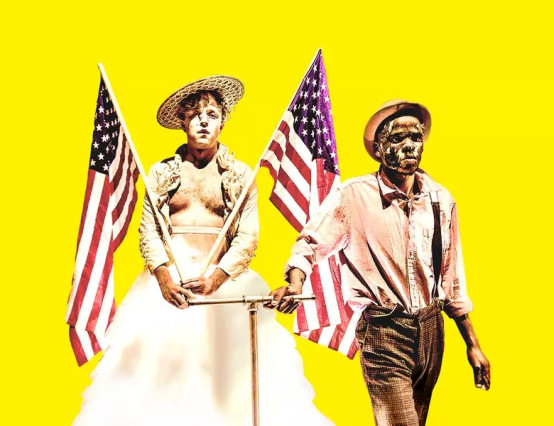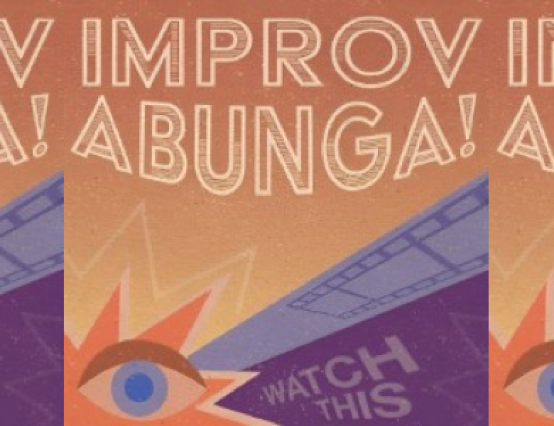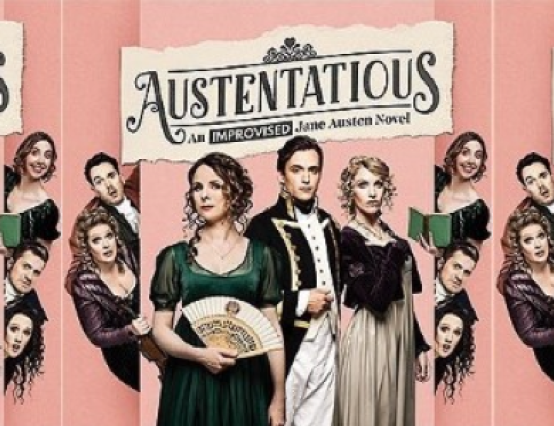A new print run of Roald Dahl's classics has been discovered to change his original language, removing terms deemed as offensive towards those of certain genders, races, and sizes.
Augustus Gloop, for example, from ‘Charlie and the Chocolate Factory’, is no longer “enormously fat,” but rather is just “enormous”. Likewise, in ‘The Witches’, a magical creature posing as an ordinary woman is working as a “top scientist or running a business” instead of as a “cashier in a supermarket or typing letters for a businessman”. Similarly, the word “black” was removed from the description of the evil tractors in ‘The Fabulous Mr Fox’. The machines are now “murderous, brutal-looking monsters”.
Penguin Publishers were in charge of releasing these altered stories, while The Roald Dahl Story Company, owner of the books’ rights, said that it wanted to review the language to make sure that “Dahl’s wonderful stories and characters continue to be enjoyed by all children today”.
Amidst strong desires to protect children from being exposed to literary stereotypes in their formative years, many consider these changes necessary for updating Dahl’s work for modern audiences. Inclusive Minds, a group who advocates to increase equality in children’s literature, stated that any changes were “small and carefully considered”.
However, the outrage was immediate.
Several authors and public figures came out in support of Dahl’s original work, calling the revised editions a form of censorship and stating that they were an over-reaction. Author Salman Rushdie named the changes as ‘absurd’, while author Michael Shellenberger said they demonstrated “totalitarian censorship”. Even Camilla, Queen Consort, made a statement at Clarence House on February 23 criticising the changes and encouraging writers to “remain true to your calling, unimpeded by those who may wish to curb the freedom of your expression.”
Yet changes are made to new editions of old classics all the time. It is not uncommon for editors to update the language of beloved works, nor to add forewords and appendices to explain or criticise the author’s original choices. So why have these particular editions caused such a great scandal?
It would appear that changing Roald Dahl’s work has struck a real nerve. The perceived attack on a childhood classic seems to have stirred a feeling of nostalgia in the older proportion of the population. Perhaps, therefore, it is a sense of generational conflict that we should look to as the cause for this scandal.
With Generation Z frequently criticised in the media for being overly-sensitive, with “woke” culture being brandished as a fad, and with political correctness demonised as the root cause of social weakness, there is a great deal of rhetoric being spread about cultural changes driven by the younger generation. It would seem, therefore, that generational conflict has been sparked by, ironically, a sensitivity on behalf of the older population when they feel their childhood memories are being threatened by these new ideals.
It would seem that while the issue of editing versus censorship is a legitimate conversation to be had, this particular case study has found the spotlight by playing on media discourse aimed to rile up both the younger and the older generations. After all, outrage sells news stories.
That said, it is difficult to measure the impact of these changes on young readers. There is no way to evaluate the usefulness of these subtle linguistic edits - especially when children are influenced by every manner of book, film, and conversation they experience. However, perhaps when it comes to reducing prejudices at an impressionable age, “better safe than sorry” might be the correct approach. After all, Dahl’s storylines and characters remain intact, and it is only reasonable that books published in the 1960s will hold different standards to those of 2023.
Nonetheless, while there is no definitive answer as to whether these changes are valid or an appropriation of Dahl’s agency, one thing remains clear. In this case, it seems the older generation has won the battle: the edits will no longer be published. Yet if this is considered as just one battle, the war between tradition and progression is certainly yet to be decided…









0 Comments